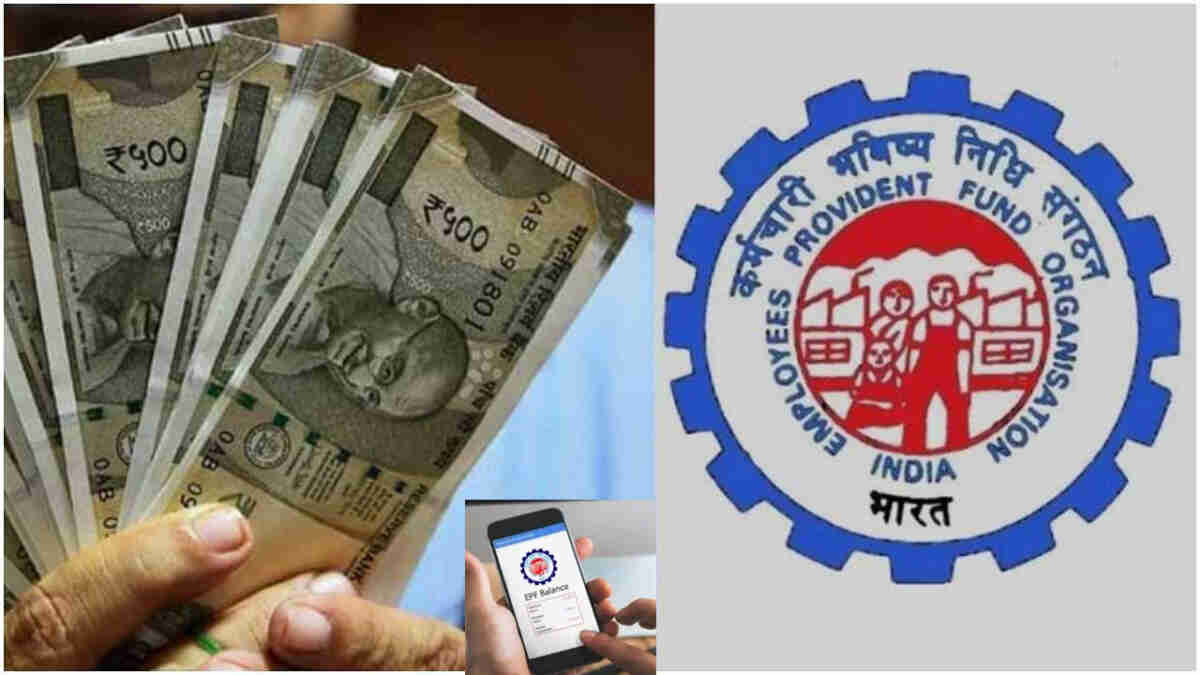
If you do a private job and you have completed 10 years of service, then you are also entitled to get pension. Know what is EPFO Rules.
EPFO Rules: If you do a private job and you have completed 10 years of service, then you will also be entitled to pension. According to the EPFO rules, any such employee who has completed 10 years of service becomes entitled to get pension after completing the job. But the benefit of this scheme can be availed only by the employee who fulfills this one condition.
A large part of the salary of people working in the private sector goes to the Provident Fund. Every month this part is deducted from the salary and deposited in the PF account of the employee.
EPFO rules
According to the rules of EPFO, 12 percent of the basic salary and DA of the employee goes into the PF account every month. Out of which the entire part deducted from the employee’s salary goes to the EPF, while 8.33% of the employer company’s share goes to the Employees’ Pension Scheme (EPS) and 3.67% goes to the EPF contribution every month.
Entitled to pension after 10 years of service
In such a situation, according to the rules of EPFO, even after working for 10 years in a private company, the employee becomes entitled to pension. In this, the only condition from the employee is that 10 years of the tenure of the job should be completed. Let us tell that the job period of 9 years 6 months is also counted as 10 years. But keep in mind that if the duration of the job is less than 9 years, then it will be counted for 9 years only.
There should be only one UAN number, only then you will get pension
According to EPFO, those who complete the tenure of the job by adding all the jobs between 10 years will be entitled to pension. But the employee will not have to change his UAN number. That is, there should be only one UAN for a total period of 10 years of service.
The reason for this is that even after changing the job, the UAN remains the same and the entire money deposited in the PF account will be reflected in the same UAN. If there is a gap of some time between two jobs, then the tenure is considered as one by removing it. That is, the gap between the previous job and the new job is removed, and it is added to the new job.